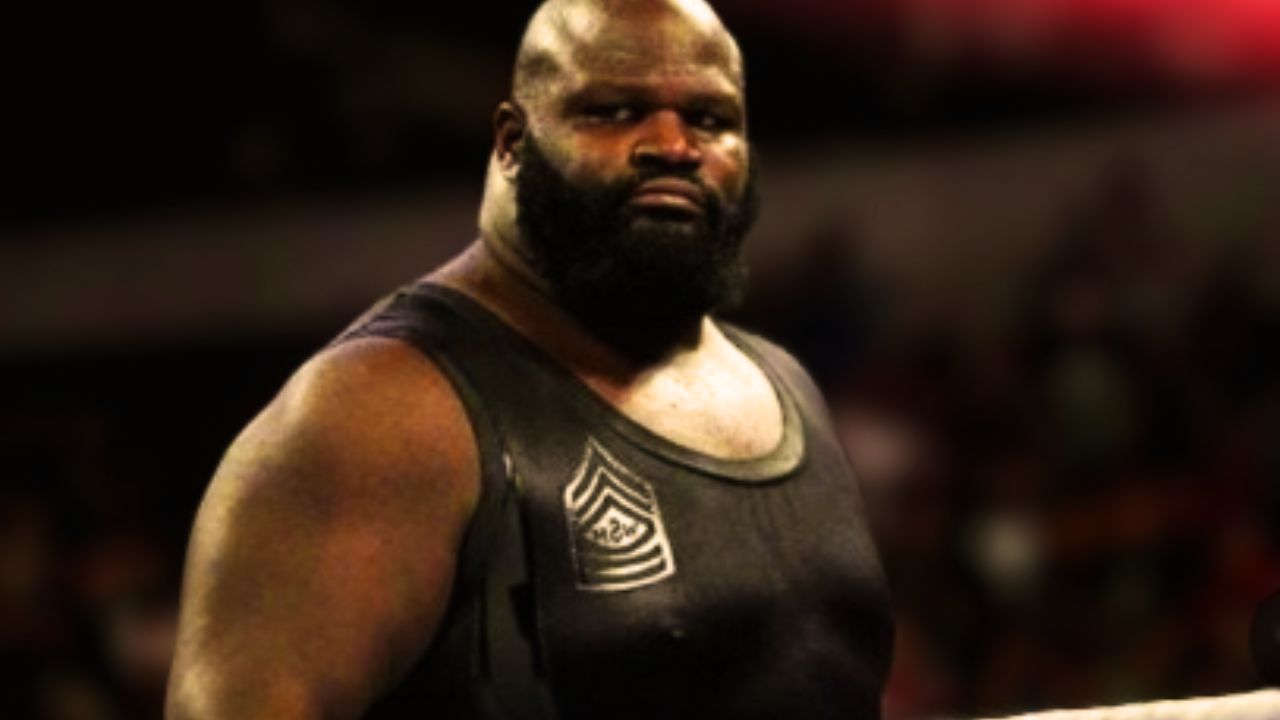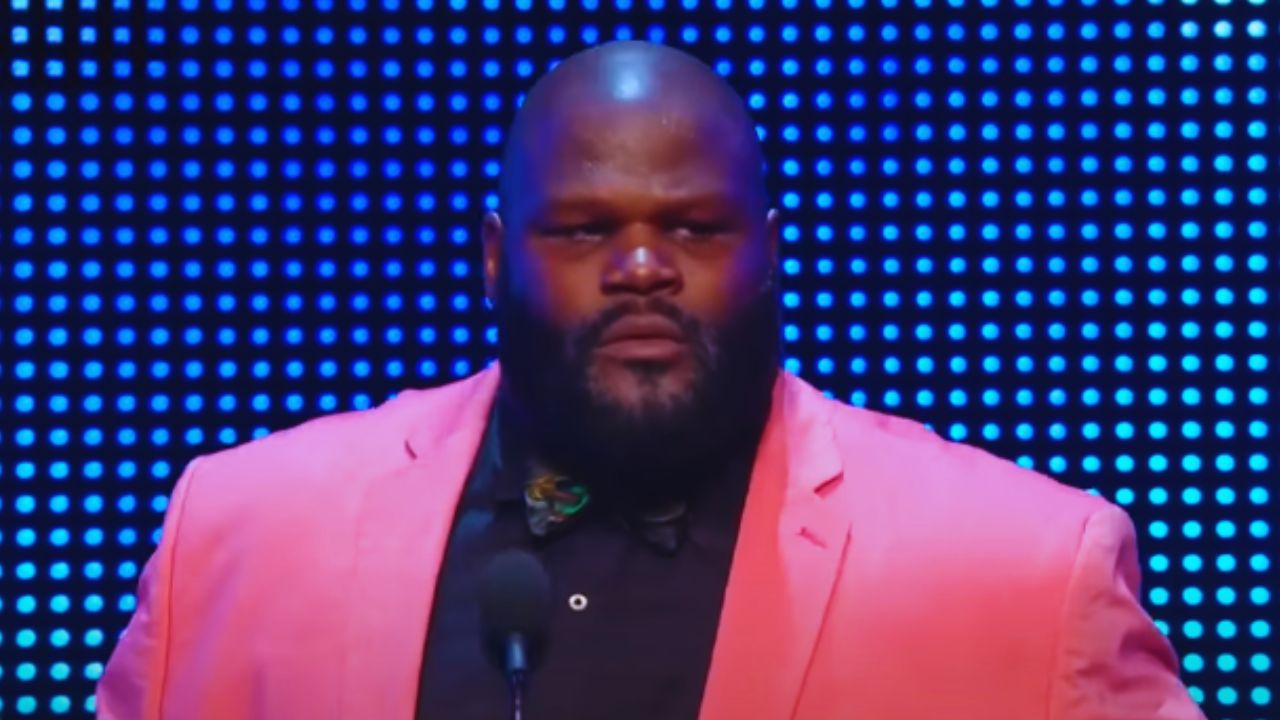Mark Henry Unveils the Truth Behind WWE’s Wrestler’s Court: A Lighthearted Tradition or a Culture of Bullying?
In the world of expert wrestling, where large-than-existence personas and dramatic storylines dominate, the notion of a “wrestler’s courtroom” has lengthy captivated lovers and insiders alike. Recently, WWE Hall of Famer Mark Henry pulled lower back the curtain in this infamous behind the scenes lifestyle at some stage in an episode of the podcast “Huge Pop!”, supplying a perspective that demanding situations many misconceptions surrounding it.
For the ones unfamiliar with the concept, the wrestler’s court docket has often been defined as an casual tribunal in which wrestlers adjudicate perceived infractions inside their ranks. It’s a machine shrouded in thriller, frequently portrayed as a space where bullying should arise. Yet, in a candid dialogue, Henry sought to reframe this narrative, suggesting that the courtroom is a long way from a menacing structure.
“It’s not bullying; it’s meant to entertain,” Henry said emphatically, reinforcing that the core intention behind the wrestler’s court docket became rooted in camaraderie in place of punishment. His feedback are in particular widespread in an era where conversations around place of work dynamics and intellectual fitness are gaining traction. Many have speculated that this ritual may want to foster an surroundings of intimidation; but, Henry contended that people who skilled soreness did so because they misunderstood the spirit of the lawsuits.
Henry’s insights recommend that the wrestler’s courtroom operates beneath a playful guise, where humor and jest are paramount. “I think the people that were in wrestler’s court that took it so seriously that they felt bullied, all they had to do was go and buy a bottle of Jack Daniels,” he remarked, indicating that a key aspect of the court charm lies in its casual, jovial atmosphere. The underlying message seems to be that those who took offense might have missed the inherent levity that characterized these gatherings.
To similarly illustrate the character of wrestler’s courtroom, Henry particular some of its unwritten policies, appreciably emphasizing that “the primary rule was that the judge could constantly be bought.” According to him, a mere $25 funding in a bottle of Jack Daniels could easy over any tensions. This indicates that the court docket turned into less about imposing field and greater approximately fostering a sense of belonging a number of the wrestlers. In this context, the court’s lawsuits may be visible as an problematic team-constructing workout in preference to a severe punitive measure.
The presence of terrific figures which include The Undertaker, who regularly assumed the function of decide, reinforces this attitude. Instead of being a discern of authority shelling out harsh judgments, he served a in large part symbolic function, contributing to the playful nature of the court docket in place of setting up a regime of worry.

Henry’s reflections on wrestler’s courtroom additionally serve as a broader commentary at the way of life of expert wrestling. In a business in which the road between fact and overall performance can blur, the wrestler’s court docket sticks out as a ritual steeped in way of life, reflecting the unique social dynamics of the wrestling community. It invitations wrestlers to interact with each other in a putting that prioritizes humor and bonds over punishment.
In addition to dropping mild on wrestler’s courtroom, Mark Henry additionally touched upon his new endeavors after leaving AEW. He recently assumed the position of booker and director for All Caribbean Wrestling, an unbiased promotion that emerged in 2022. Henry expressed enthusiasm about this new challenge, highlighting collaborative opportunities with great talents which includes Caprice Coleman, AJ Francis, and Lince Dorado. His comments recommend that he isn’t always most effective committed to the increase of wrestling however is likewise constructive approximately the ability for partnerships with large agencies like WWE.
As the wrestling international keeps to evolve, Henry’s candid discussions function reminders that traditions like the wrestler’s courtroom may be interpreted through various lenses. While a few might also view it as a relic of an old lifestyle, others, like Henry, see it as an possibility for connection, laughter, and shared reports amongst wrestlers.
In a commercial enterprise regularly scrutinized for its portrayal of masculinity and longevity, Henry’s revelations encourage a reevaluation of how those behind-the-scenes rituals characteristic. The wrestler’s court, in its essence, is a mirrored image of the bonds that form among folks that share a unique and worrying career.
H/t to ITRWrestling.net




